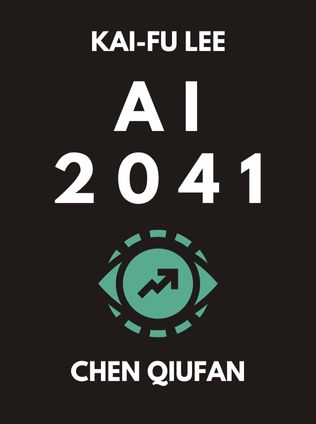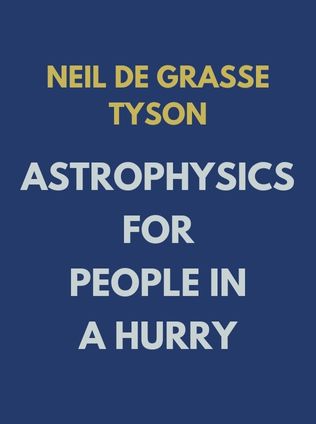
AI 2041
Ten Visions for Our Future
By Kai-Fu Lee, Chen Qiufan
Published 09/2021
About the Author
Kai-Fu Lee is the CEO of Sinovation Ventures and a New York Times bestselling author known for his work, "AI Superpowers." With a robust career in technology, Lee has held senior executive positions at Google China, Microsoft, SGI, and Apple. His extensive experience in AI and technology provides a credible foundation for the futuristic insights presented in "AI 2041."
Chen Qiufan (also known as Stanley Chan) is an award-winning author, translator, creative producer, and curator. As the president of the World Chinese Science Fiction Association, Qiufan brings a rich storytelling perspective to the book, blending technical expertise with imaginative narrative.
Main Idea
"AI 2041: Ten Visions for our Future" by Kai-Fu Lee and Chen Qiufan explores the profound impact of artificial intelligence on our future world. Through a series of science fiction stories grounded in realistic technological advancements, the authors envision a future where AI is deeply integrated into various aspects of life. The book aims to address common questions and concerns about AI, highlighting both its potential benefits and challenges. Each story in the book illustrates a different facet of AI, emphasizing human agency and the importance of ethical considerations in technology development.
Table of Contents
- How AI Deep Learning Reaches Goals but Creates Unintended Consequences
- AI in Healthcare, Including COVID-Inspired Automation Acceleration
- Autonomous Vehicles and Smart Cities
- The Impact of AI on Employment and the Economy
- AI and Education: Personalized Learning and Beyond
- Ethical Considerations and AI Governance
- AI in Creative Industries
- The Future of Human-AI Collaboration
- AI and Global Challenges
- The Role of AI in Personal Life and Relationships
How AI Deep Learning Reaches Goals but Creates Unintended Consequences
In the first story, the authors delve into the implications of AI-driven insurance products. A middle-class family in Mumbai enrolls in Ganesh Insurance, an AI-supported plan that personalizes coverage based on their data. The family benefits from lower premiums and improved services, but the teenage daughter encounters an unexpected issue. The AI system discourages her from interacting with a classmate from a lower caste, highlighting how AI's single-minded goal achievement can overlook human values and social complexities.
"The AI does not take into account anything outside of that end goal, including whether or not the user’s happiness will be adversely impacted." - Kai-Fu Lee and Chen Qiufan
This scenario underscores the need for ethical AI design. While deep learning excels at optimizing specific objectives, it can also produce negative externalities if not carefully monitored. This reflects real-world concerns where AI applications in social media, finance, and other sectors can inadvertently harm user well-being or societal harmony.
AI in Healthcare, Including COVID-Inspired Automation Acceleration
The COVID-19 pandemic has accelerated AI adoption in healthcare, a theme explored in the book. In a futuristic Shanghai, household robots and AI systems help a woman manage her life during a health crisis, reducing her need for human contact. This scenario illustrates AI's potential to transform healthcare by improving diagnostics, personalizing treatments, and automating routine tasks.
Sign up for FREE and get access to 1,400+ books summaries.
You May Also Like
Rich Dad Poor Dad
What the Rich Teach Their Kids About Money - That the Poor and Middle Class Do Not!
By Robert T. KiyosakiFreakonomics
A Rogue Economist Explores the Hidden Side of Everything
By Steven D. Levitt and Stephen J. DubnerFactfulness
Ten Reasons We're Wrong About the World – and Why Things Are Better Than You Think
By Hans Rosling



















